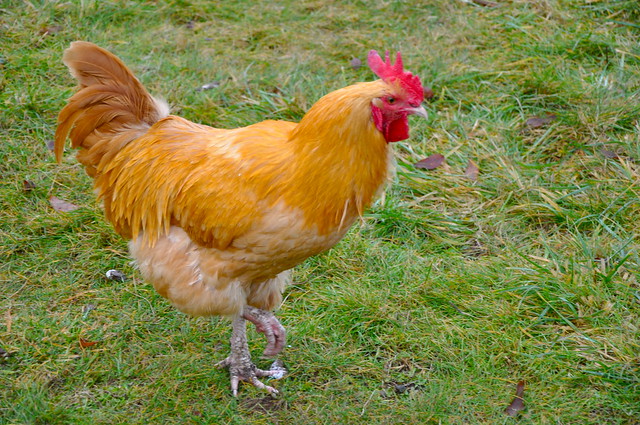THE WEDDING DANCE
The wedding dance is a
story of a married couple in the mountain tribes of Northern Luzon. Who have
been married for seven harvest period but still they are unlucky because their
god Kabunyan did not bless them a child. According to the story if a man does
not have a son he is considered to be inferior to the other in their community.
Awiyao loves Lumnay, yet he needs to redeem himself by remarrying another woman
named Madulimay to finally have a child, for the society will accept him.
 On the night of the
wedding, when Awiyao could not find Lumnay among the dancers at his wedding, Awiyao
went to his and Lumnay’s house. He personally invites Lumnay to join the
traditional dance in his wedding. However, Lumnay the best dancer in their
tribe refuses. During that moment, they reminisce the past and reveal that they
still love each other, but because of their tribe’s custom that a man must a
have child that would carry his name, they have to separate. Lumnay was greatly
not favor for it, she can barely let go of her husband. Her heart is shouting
with agony. Awiyao promised her that if he fails to have a child, he will come
back to the arms of Lumnay.
On the night of the
wedding, when Awiyao could not find Lumnay among the dancers at his wedding, Awiyao
went to his and Lumnay’s house. He personally invites Lumnay to join the
traditional dance in his wedding. However, Lumnay the best dancer in their
tribe refuses. During that moment, they reminisce the past and reveal that they
still love each other, but because of their tribe’s custom that a man must a
have child that would carry his name, they have to separate. Lumnay was greatly
not favor for it, she can barely let go of her husband. Her heart is shouting
with agony. Awiyao promised her that if he fails to have a child, he will come
back to the arms of Lumnay.
Awiyao went back to
the wedding feast, after being fetched by a friend. Lumnay decided to go to the
wedding she wanted to protest against the written rule of their tribe about a
man can carry another woman. But seeing his husband marrying another woman,
suddenly she stopped and turned back, defeated. She walked away from dancing
ground, away from the village. She went to the mountain where she diverted all
her bittersweet memories.
"A
few more weeks, a few more months, a few more harvests---what did it matter?
She would be holding the bean flowers, soft in the texture, silken almost, but
moist where the dew got into them, silver to look at, silver on the light blue,
blooming whiteness, when the morning comes. The stretching of the bean pods
full length from the hearts of the wilting petals would go on." Lumnay’s
finger moved a long, long time among the growing bean pods.
Wedding
Dance by Amador T. Daguio is such a nice story that opens us to the forgotten
culture of our Filipino tribes in the Philippines. It made us aware on how the
way of their living associated with their tradition and belief. Like of what
had happened in the story they let their tribe law dictates their future. It
just like marriage in this culture was seen as an agreement
between a man and a woman for the purposes of creating children.
Awiyao force to leave Lumnay, in order to satisfy
the society’s expected norms and the bitter truth about the inequality of the
sexes. Man vs. society is the main conflict that revolved around the story. The
author used the third person point of view omniscient. The narrator knows
everything about all the characters is all knowing. We can see the thoughts of
the characters when the narrator reveals them to the readers. The author also
used symbolism in his story; seed is the symbol dramatizes the fertility of the
land as against the feeling of barrenness and loneliness in the wedding dance.
.


